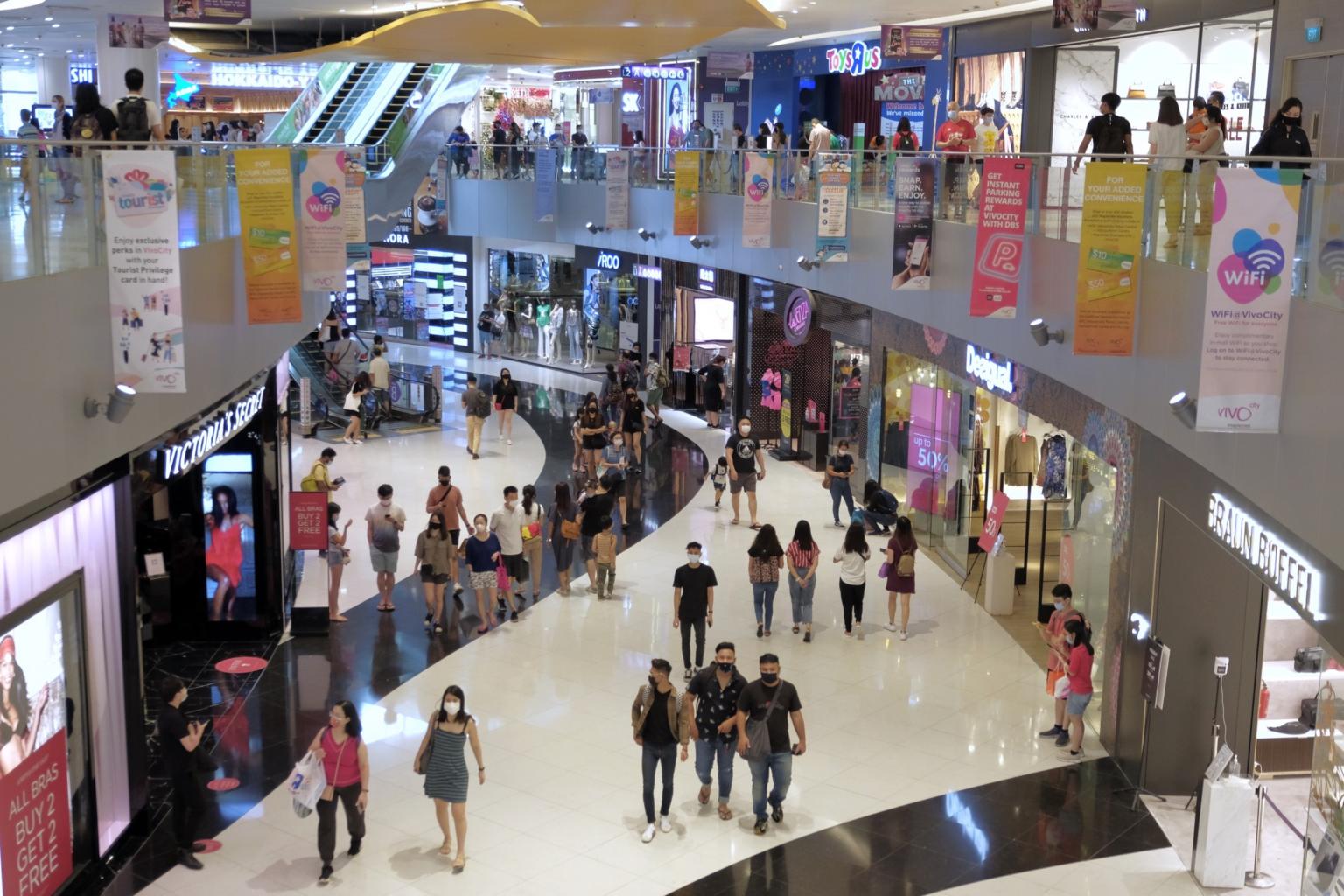Singapore core inflation falls in December, with bigger drop in costs of services
Sign up now: Get ST's newsletters delivered to your inbox

Overall inflation came in at 0 per cent in December.
ST PHOTO: GAVIN FOO
Follow topic:
SINGAPORE - Core consumer prices fell in December, driven by a larger decline in services costs and lower food inflation, according to data out by the Monetary Authority of Singapore (MAS) and the Ministry of Trade and Industry (MTI) on Monday (Jan 25).
Core inflation, which excludes accommodation and private road transport costs, fell to minus 0.3 per cent on a year-on-year basis last month, from minus 0.1 per cent in November.
Meanwhile, overall inflation came in at 0 per cent in December, up from minus 0.1 per cent the month before.
This increase was primarily due to a rise in private transport costs, MAS and MTI said. They rose from minus 1.3 per cent in November to 1.2 per cent last month, as car prices increased more sharply.
The cost of retail and other goods also fell at a slower pace to hit minus 1.2 per cent in December, easing from the minus 2 per cent in November.
This was due to smaller declines in the prices of clothing and footwear and personal care products, MAS and MTI added, coupled with an increase in the costs of recreational and cultural goods and telecommunication equipment.
Meanwhile, accommodation inflation remained unchanged in December at 0.3 per cent, as housing rents rose at a similar pace as that recorded in the previous month.
The cost of electricity and gas declined at a slightly slower rate, at minus 6.7 per cent last month, compared with minus 6.8 per cent the month before. This was due to the easing of the take-up of new subscriptions under the Open Electricity Market, MTI and MAS noted.
On the other hand, food inflation dipped on account of smaller increases in the prices of non-cooked food and restaurant meals. Food inflation was 1.6 per cent in December, compared with 1.8 per cent in the preceding month.
Services costs fell more sharply on the back of smaller increases in public transport fares and telecommunication services fees, as well as a steeper decline in tuition and other fees.
Services costs were minus 0.8 per cent in December, compared with minus 0.2 per cent in November.
MAS and MTI forecast that in the quarters ahead, external inflation is likely to pick up amid the expected recovery in global oil prices.
"However, the extent of the increase will be capped by persistent negative output gaps in Singapore's major trading partners," they said.
"On the domestic front, cost pressures are expected to stay low, as wage growth and commercial rents are likely to remain subdued."
Core inflation is also forecast to turn mildly positive this year, as the projected rise in oil prices from a year ago leads to a pickup in the oil-related components of the consumer price index and the disinflationary effects of government subsidies introduced in 2020 fade, they noted.
"Some components of domestic services inflation could also gradually increase, in tandem with the economic recovery," they said.
"Meanwhile, accommodation costs are expected to fall as the decline in foreign employment will continue to weigh on rentals. In comparison, private transport costs could rise modestly on the back of improving demand."
Core inflation is expected to average from 0 per cent to 1 per cent this year, while overall inflation is projected to be between minus 0.5 per cent and 0.5 per cent.


